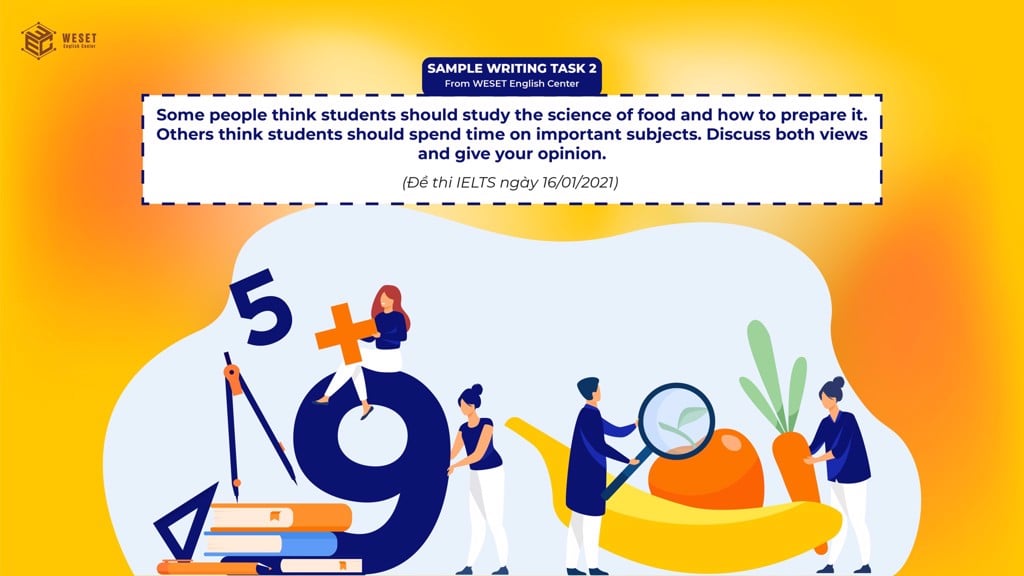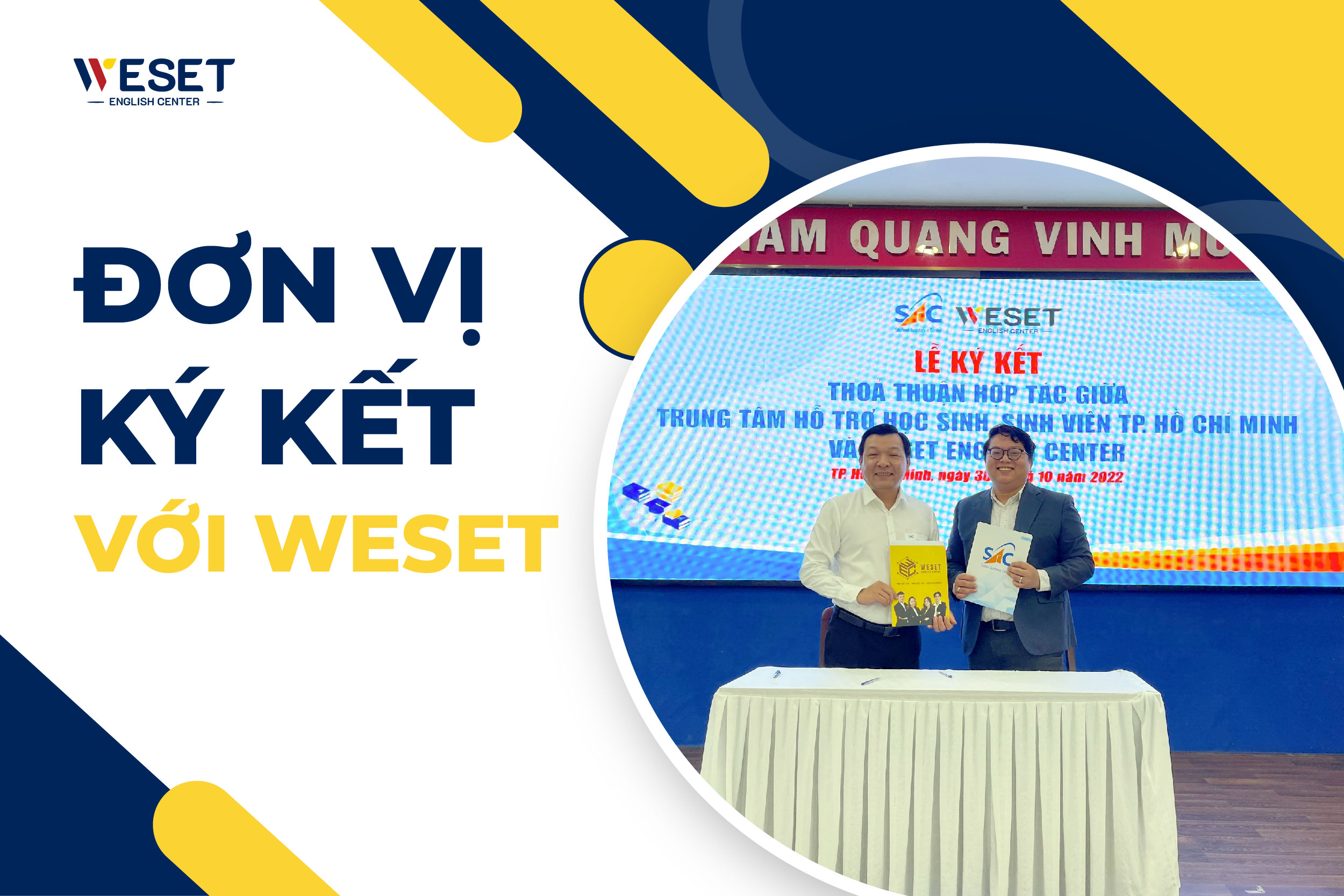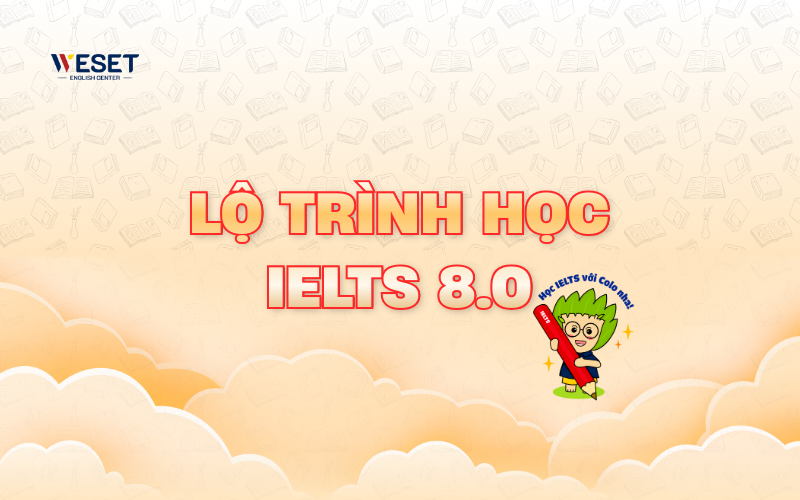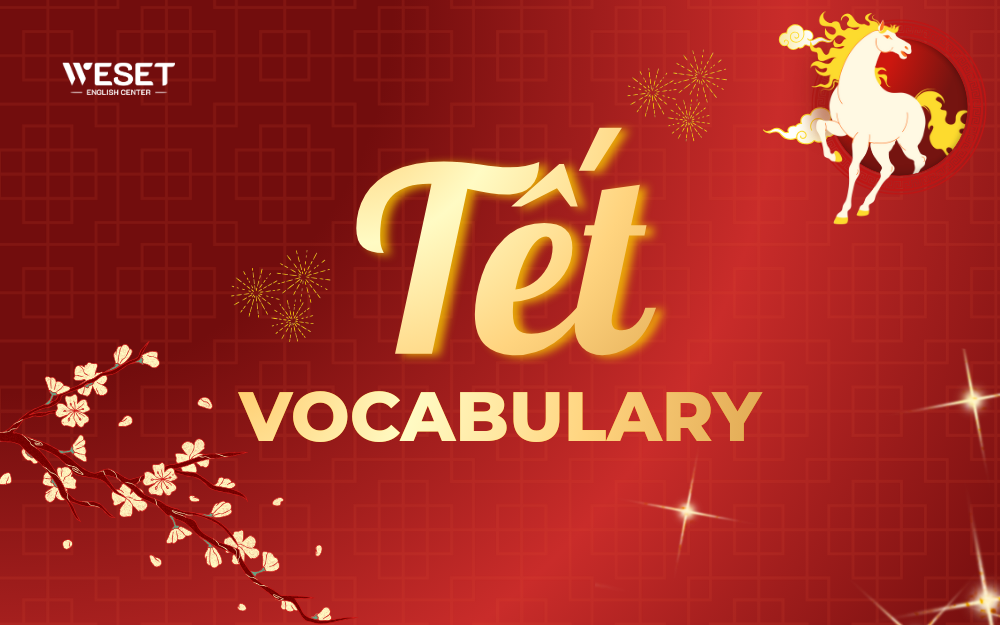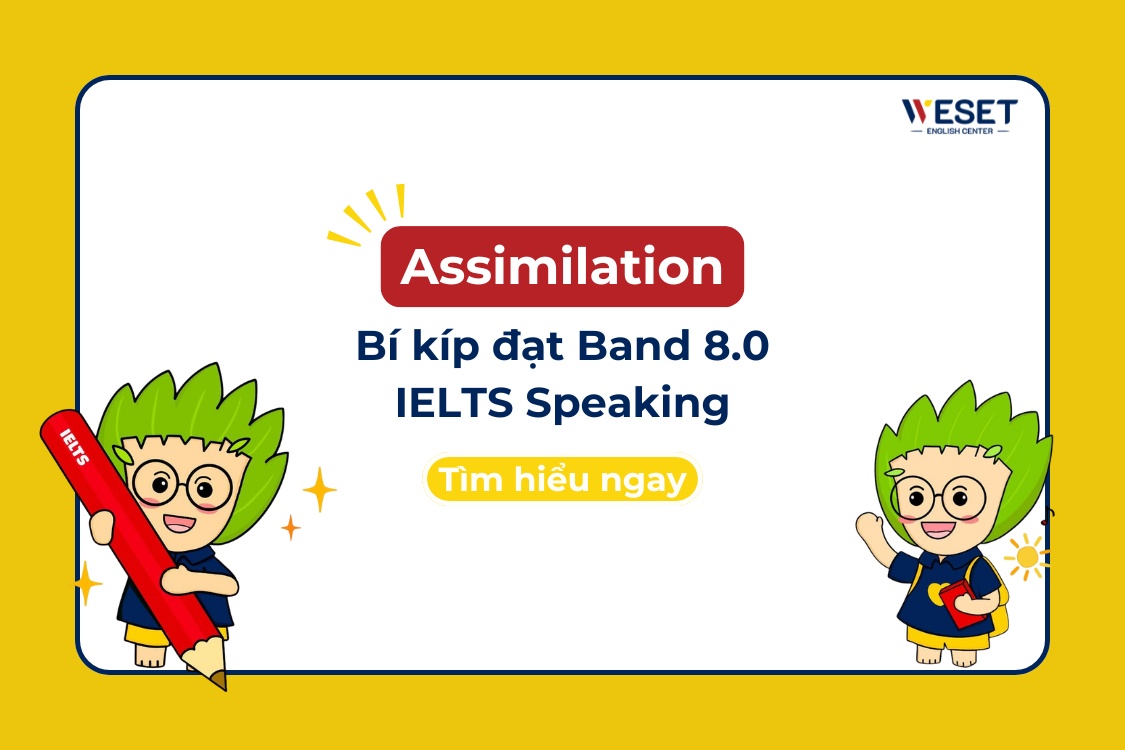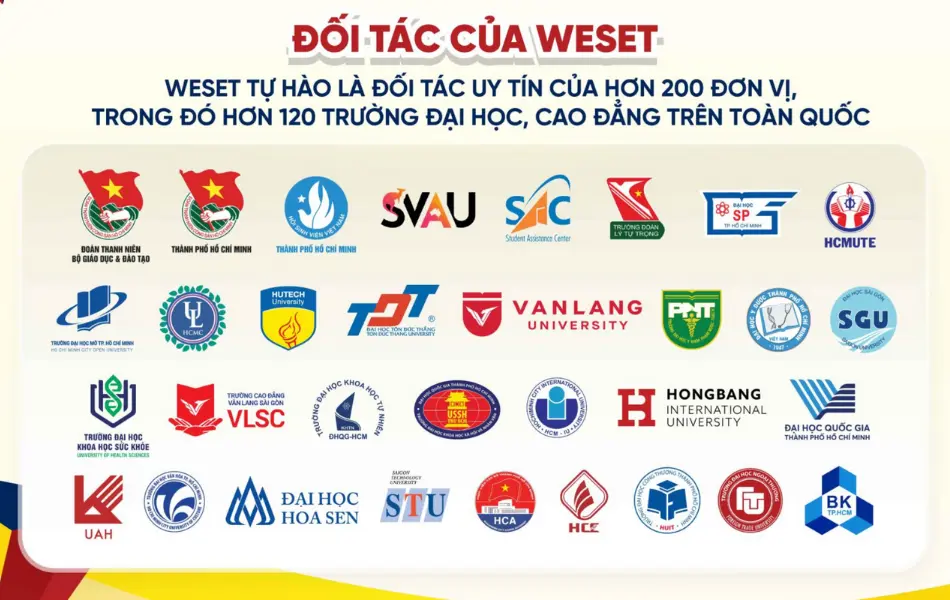Trang chủ Blog Bài thi IELTS mẫu IELTS Writing Task 2: Science of Food or Core Subjects Bài mẫu IELTS Sample Writing
IELTS Writing Task 2: Science of Food or Core Subjects
- Admin
- Bài mẫu IELTS Sample Writing, Bài mẫu Task 2 IELTS Writing sample, Bài thi IELTS mẫu
MỤC LỤC
Đề bài: Some people think students should study the science of food and how to prepare it. Others think students should spend time on important subjects. Discuss both views and give your opinion.
Hãy cùng WESET thảo luận về chủ đề này nhé.
1. Hướng dẫn làm bài – The Science of Food
Dàn bài
Đề bài trên thuộc thể loại “discuss both views” kèm với yêu cầu về quan điểm cá nhân của người viết. Như vậy, người viết cần cung cấp cơ sở lý luận cho mỗi quan điểm mà đề đưa ra, song song với việc đưa ra quan điểm của riêng mình.
A/ Introduction:
– Dẫn người đọc vào topic: whether the science of food and food preparation should be introduced into the mandatory curriculum.
– Đưa ra quan điểm cá nhân của người viết: ngả theo quan điểm nào, hay đi theo một sự cân bằng giữa 2 quan điểm.
B/ Body 1: cung cấp luận điểm cho việc tại sao nên theo học science of food và food preparation, và chứng minh những luận điểm đó
Food science là một kỹ năng sống quan trọng không chỉ có lợi cho chính cá nhân học sinh đó mà còn kèm theo một số lợi ích cho xã hội nói chung
Chứng minh:
– Cung cấp kiến thức, cơ sở để học sinh tự xây dựng 1 chế độ ăn có lợi cho bản thân 🡪 biết cách tự chăm sóc bản thân để tránh rủi ro bệnh tật
– Rủi ro bệnh tật giảm 🡪 chất lượng cuộc sống tăng 🡪 ảnh hưởng tốt đến social well being
C/ Body 2: cung cấp luận điểm cho việc tại sao nên đầu tư toàn thời gian cho các môn học chính quy, chứng minh chúng.
Các môn học chính quy rất quan trọng nên thời gian đầu tư cho chúng càng nhiều càng có lợi
Chứng minh:
– Gần như mọi công việc đem lại mức sống khá đều đòi hỏi 1 sự đào tạo, dù là qua higher education (university và college), hay qua training courses 🡪 cần một nền tảng vững chắc các môn học ở phổ thông để chuẩn bị cho sự đào tạo này
– Nhiều thời gian bỏ vào các môn học thuật 🡪 Đào tạo thuận lợi hơn 🡪 chuyên môn cao hơn 🡪 cơ hội nghề nghiệp tốt hơn
D/ Conclusion:
– Khẳng định lại quan điểm của người viết
2. Bài mẫu và từ vựng
2.1. Bài mẫu
Whether the science of food and food preparation should be incorporated into the mandatory curriculum has been a subject of debate recently. While some people believe that students should get a good grasp of this field of knowledge, it is my contention that more time allocated for academic subjects will be in their best interest.
Not only does acquiring a fair knowledge of such an essential life skill as food science and preparation prove beneficial to an individual himself, but it works in society’s favour as well. To begin with, the study of food lays a sound foundation on which an advantageous diet may be built. In fact, ensuring one’s physical well-being by a wisely planned diet is the requisite for taking good care of himself, which, if achieved, reduces morbidity. Consequently, a scenario in which life quality grows while the economy benefits indirectly from the increase in the labour force and labour productivity is now likely.
Having said that, I still believe other academic subjects should be of priority, since the more effort one puts into these subjects, the better his job prospects are later in his life. It is known that most well-paid jobs nowadays require a definite amount of higher education or training courses, which demands a prerequisite comprehension of the fundamentals of some social or natural sciences. Devotion to these important subjects hence means better groundwork for future training and opens up more career choices. On top of that, it favours professional development guaranteeing a fulfilled life.
In short, although introducing the study of food as an obligatory module on the syllabus is deemed rewarding in some ways, I am still an advocate of greater commitment to core subjects.
(287 words – estimated band score 7.5+)
2.2. Từ vựng
1. Incorporate something (into something) (v): tích hợp cái gì (vào trong cái gì) = include in
2. A subject/ matter of debate (n): chủ đề tranh luận
3. Grasp of something (n): sự hiểu biết về cái gì
4. It is my contention that: nhận định của tôi là
5. Allocate for (v): phân bổ (thời gian, nguồn lực, tiền bạc…) cho cái gì
6. In someone’s interest: vì lợi ích của chính ai
7. Acquire (a knowledge/ a language): thu/lấy được, học được
8. Fair (a) = quite good
9. Prove beneficial to: tỏ ra có ích cho
10. Work in someone’s favour: theo hướng có lợi cho ai
11. Lay a (sound) foundation: đặt 1 nền móng (vững chắc)
12. Physical well-being: sức khỏe thể chất
13. Requisite for (a, n): 1 điều cần phải có (để làm 1 chuyện khác)
A university degree is a requisite for this job
14. Morbidity (n): bệnh tật
15. Consequentially = as a consequence
16. Having said that: Tuy nói vậy = However
17. Be of priority: cấu trúc be of + Noun
Is of importance, is of priority, is of value… = is important, is a priority, is valuable, …
18. Job prospects: khả năng phát triển/ thăng tiến trong công việc
19. Prerequisite (a, n): tiên quyết
20. Comprehension (n): sự thấu hiểu
21. Fundamental (n): điều cơ bản
22. Devotion to something (n): sự cống hiến (dành thời gian/ sức lực/ tiền bạc… cho cái gì)
23. Groundwork (n): công tác chuẩn bị = preparation
24. Open up (a choice, a chance, an opportunity…): mở ra (cơ hội, lựa chọn…)
25. On top of that = more importantly
26. Favour (v): tạo điều kiện
27. Module (n): môn học, học phần
28. Be deemed (v): được cho là = be regarded
29. Advocate of (n): người ủng hộ cái gì
30. Commitment to (n): sự tận hiến = devotion (xem 22)
Trên đây là hướng dẫn làm bài IELTS Writing Task 2 và một số từ vựng hữu ích cho câu hỏi “Students should study the science of food and how to prepare it or spend time on important subjects?”. Hy vọng bài viết này sẽ giúp bạn có thêm nhiều kiến thức bổ ích cho quá trình học tập và làm bài thi được tốt hơn.
Đừng quên theo dõi thư viện bài thi IELTS của WESET thường xuyên bạn nhé, tại đây trung tâm sẽ cập nhật liên tục các bài mẫu và kiến thức quan trọng dành cho bạn!
Có thể bạn quan tâm

